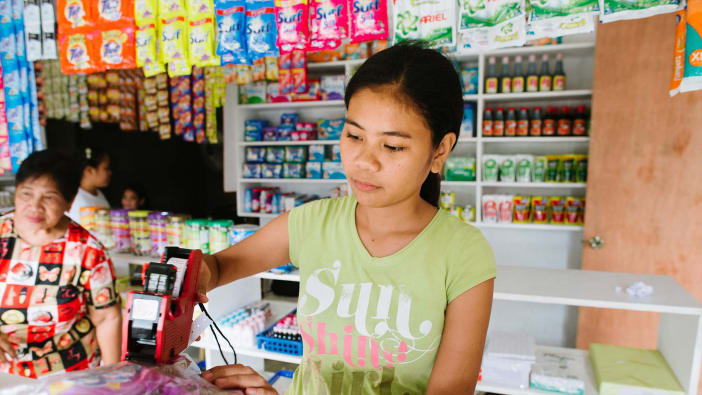How can the church face up to the problems of domestic violence? Recently an investigation was published by the InterAmerican Development Bank, with some shocking findings…
- Around 30-40% of Latin American women have suffered some kind of violence in the family. One in five women are absent from work because of physical violence at home.
- In Brazil, 30% of the women who complained of violence at home in 1997 returned to the police the next day to withdraw their accusation. Women who are not self-supporting frequently remain at the side of those who hurt them.
- In Nicaragua, the study showed that 41% of the women without an independent income were victims of violence, whilst only 10% of women who earned an independent income suffered violence.
- More than half the men who injure their wives also physically abuse their children. In São Paulo, Brazil, 64% of the accusations of physical violence against children happen in their own homes. ‘Experience has shown that the majority of street children left home because of family violence.’ 1
- A recent WHO report found that nearly half the women murdered worldwide were killed by family members or boyfriends. In some countries this rose to 70%.
These statistics are alarming. Domestic violence can also happen in Christian homes. Some of the people who commit domestic violence are in church every Sunday – some even have positions of leadership in their churches. Domestic violence is one of the best-kept secrets.
Unhelpful thinking
Many women say they put up with violence because of their children. They think it is better to give children a home with a violent father, than to live in a broken home. The problem with this thinking is that the woman becomes an accomplice to the violence. She allows her husband’s behaviour to continue, without breaking the cycle. She doesn’t protect her children from the violence.
The church does not always know how to cope wisely with homes where violence exists. To tell a woman that she has to put up with it is not a good solution. To threaten her with discipline or with expulsion from the church if she separates does not help. Sometimes the church’s teaching obliges a wife to continue with a violent husband. Every effort should be made to rescue the marriage relationship, but when an abused woman does not want to go back home to a violent husband, the church should support her decision.
Breaking the silence
I believe that, as Christians, we need to break the silence. God does not want any kind of violence to exist in the home. Colossians 3:12-15 teaches us that God has called us to peace. We ought to treat each other with humility, doing every-thing in a spirit of gratitude to God, linked together by love. The church ought to be the first to lift its voice in exposing the terrible secret of domestic violence. It should support the people involved in such situations so that they can find good, healthy and biblical solutions to their conflicts, including new methods of communication within families.
Adapted from information in chapter 3 of The Family in Crisis by Esly Carvalho, published by INDEF Publications, Costa Rica.
1 Report of the Latin American and Caribbean Agency of Communication (ALC), July 24th 1998; Apartado 14-225, Lima 14, Peru; by Edelberto Behs. Publications on women and domestic violence: www.iadb.org









